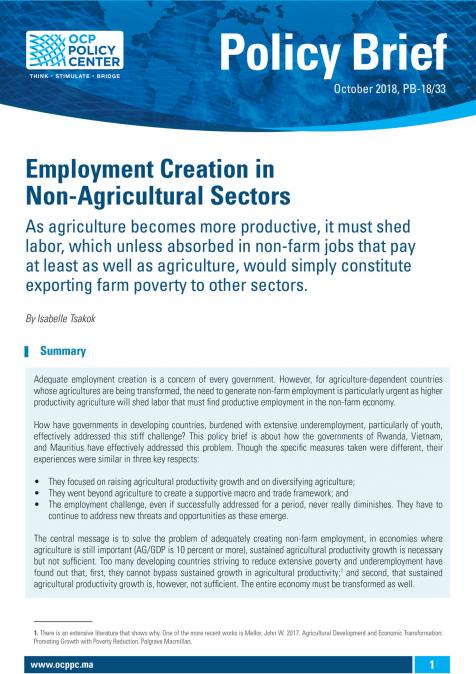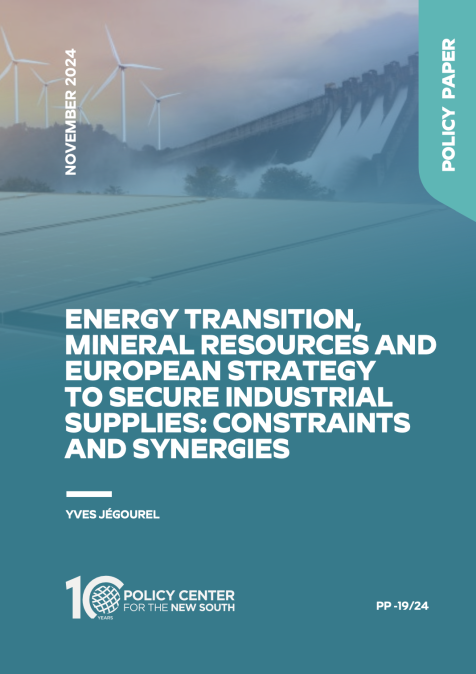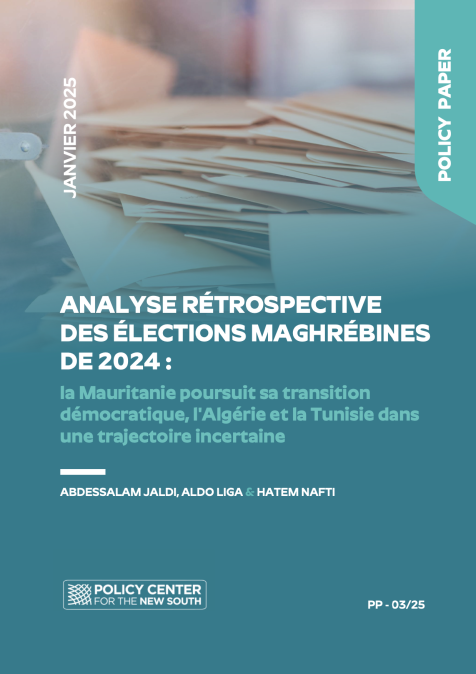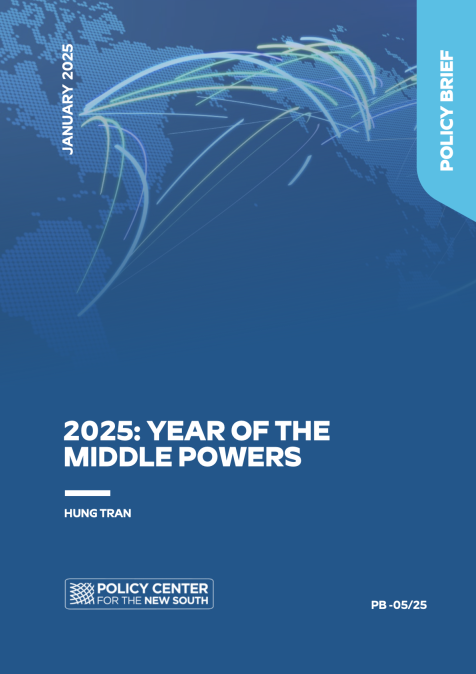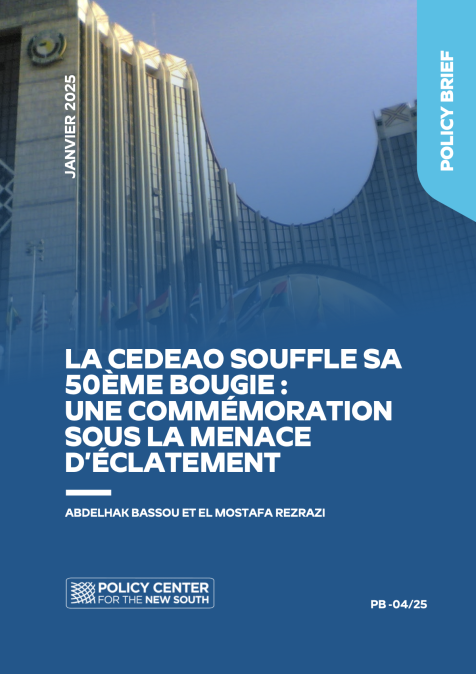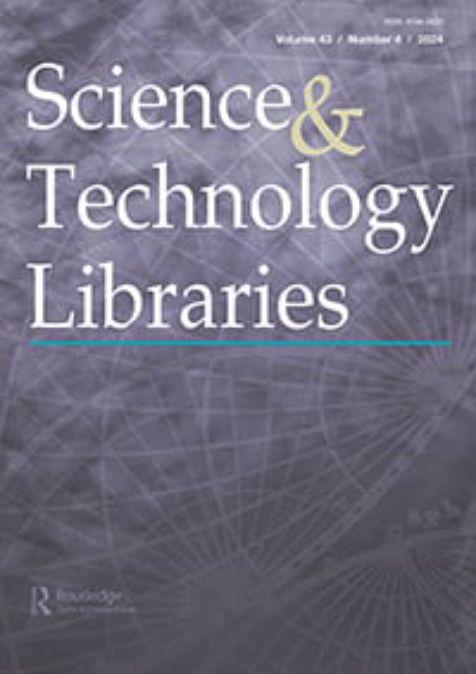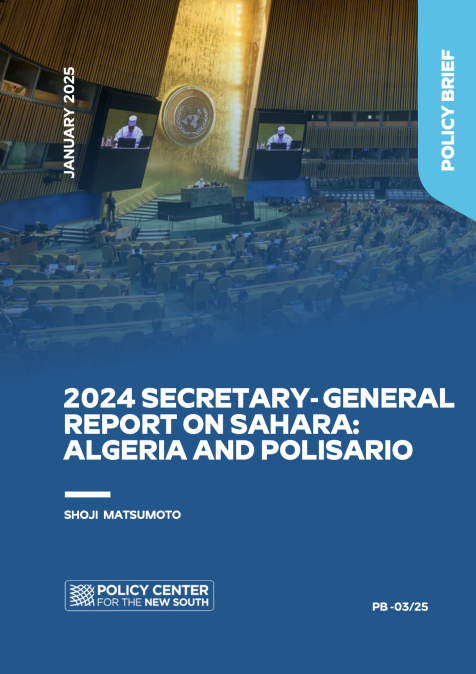Publications /
Policy Brief
Adequate employment creation is a concern of every government. However, for agriculture-dependent countries whose agricultures are being transformed, the need to generate non-farm employment is particularly urgent as higher productivity agriculture will shed labor that must find productive employment in the non-farm economy.
How have governments in developing countries, burdened with extensive underemployment, particularly of youth, effectively addressed this stiff challenge? This policy brief is about how the governments of Rwanda, Vietnam, and Mauritius have effectively addressed this problem. Though the specific measures taken were different, their experiences were similar in three key respects:
- They focused on raising agricultural productivity growth and on diversifying agriculture;
- They went beyond agriculture to create a supportive macro and trade framework; and
- The employment challenge, even if successfully addressed for a period, never really diminishes. They have to continue to address new threats and opportunities as these emerge.
The central message is to solve the problem of adequately creating non-farm employment, in economies where agriculture is still important (AG/GDP is 10 percent or more), sustained agricultural productivity growth is necessary but not sufficient. Too many developing countries striving to reduce extensive poverty and underemployment have found out that, first, they cannot bypass sustained growth in agricultural productivity; 1 and second, that sustained agricultural productivity growth is, however, not sufficient. The entire economy must be transformed as well.

